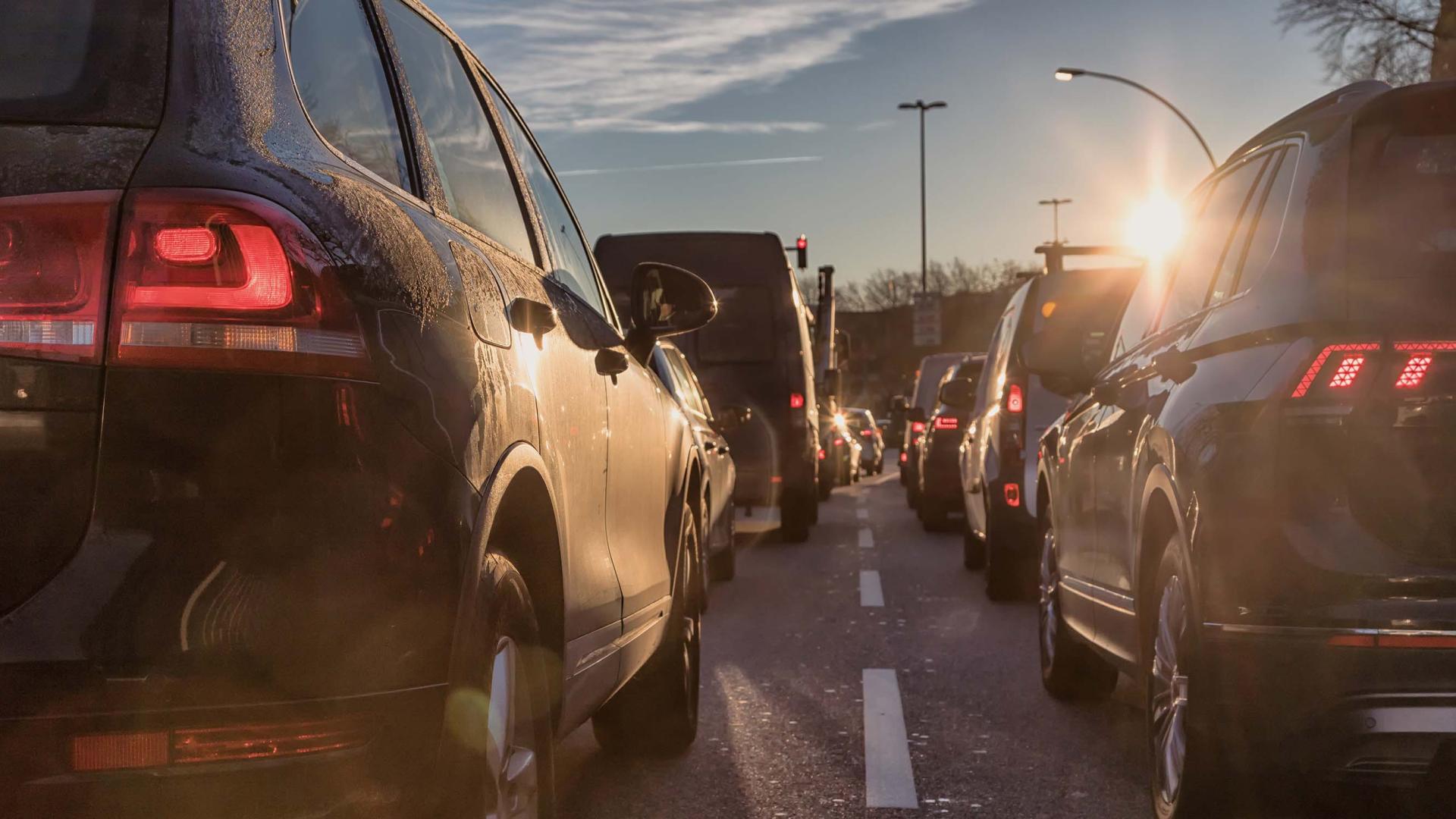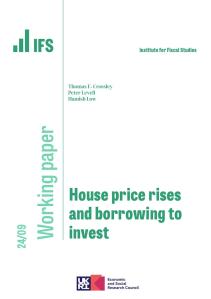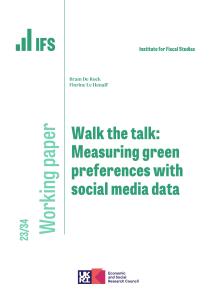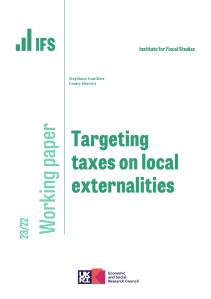My 11-year term as a member of the UK’s Climate Change Committee came to an end about six months ago. In part that role was hugely gratifying. The government asked us to recommend what our greenhouse gas emission target should be. In 2019 we recommended net zero by 2050. That was our estimate of the “fair” contribution of the UK to a global effort to mitigate climate change, taking account of what is feasible, affordable and consistent with international agreements. Much later and much less is not enough. If countries like ours don’t do something like that then the planet is in big trouble. The government agreed, as did parliament with barely a voice raised in opposition, and the target was enshrined in legislation.
To provide a path to that outcome we also advised on “carbon budgets”, the appropriate emissions in each five-year period between now and 2050 to ensure that we are on a cost-effective path to that ultimate target. The government never demurred from those recommendations. It agreed to all the trajectories we recommended. Parliament has barely quibbled. What power! What impact!
We also assessed progress and made recommendations for action. So far, in the period since the Climate Change Committee was set up at the end of 2008, all the carbon budgets have been met, indeed exceeded. Let nobody claim that we have not made serious progress.
But, for all the consensus, real policy action and deliverable plans for sharp emission reductions over the next couple of decades have been rather thinner on the ground. Our reports became increasingly tetchy as the years passed. The fog of uncertainty over how we are actually expecting to decarbonise household heating, further massively increase zero-carbon electricity production and distribution, revolutionise agriculture and all the rest, has barely begun to clear.
The easy consensus, the lack of serious parliamentary scrutiny has been damaging; as, actually, have those who have argued that we can stop emissions almost immediately. We, literally, cannot.
They’ve been damaging because they have hidden the scale of what needs to be done. To get to net zero by 2050 will require investment not in the billions but in the trillions and nothing short of an economic and technological revolution which will affect us all. That won’t happen by pretending it’s just business as usual.
So, paradoxically perhaps, I almost welcomed the prime minister’s intervention last week. Not because I agree with him, not because I am naive as to some of the political calculation that probably lay behind it, and certainly not because he was tackling anything like the most important issues. Rather, because the apparent consensus really does need prodding. We need some light shone on what needs doing and on how far away we are from doing it.
On the specifics, putting back the date at which all new cars need to be electric by five years to 2035 while, it seems, still insisting that 80 per cent are electric by 2030, will probably make little difference. Weakening the plan to phase out the installation of new gas boilers by 2035 — though still with an 80 per cent phase-out — was a recognition of reality. The reality, that is, of a continuing failure to come up with a credible plan for how that is to be achieved. I’d like a credible strategy to get to 100 per cent by 2035. I’d prefer a proper plan to get to 80 per cent over a 100 per cent target and no strategy. My worry is that we now have neither a 100 per cent target nor a real plan.
The specifics are small beer. They don’t change the overall problem: targets without strategies and without coherent policies. They also don’t change three other big realities.
First, it will be costly. Not costly relative to doing nothing in the face of climate change. That would be catastrophic. But costly compared with a world in which climate change were not a problem. We are dealing with a global existential threat which requires us completely to change how we produce and consume energy. We would not be doing that, or would be doing it much more slowly, in the absence of that threat. Obviously, we will need to invest vast amounts of money in things which, absent of climate change, we would not have needed to invest in. That makes us worse off. To suggest the reverse is somehow to suggest that climate change is a boon. That’s self-evidently ridiculous.
Second, those costs will not be evenly distributed and will be minimised only if we pursue policies effectively, efficiently and consistently. We are a long way from doing so. Rishi Sunak is right that policies that are seen as inequitable and hit those on low incomes are unlikely to maintain public support. Unfortunately, his intervention looks like the latest in a long line of inconsistent policy pronouncements, decreasing the chances that we will make progress at the lowest possible cost.
Third, in truth we are not even focusing on the right thing. The targets, and hence almost all of the measurement, policy action and debate, are about emissions produced in the UK. Our impact on the planet depends on what we consume, not on what we produce. Sunak, rightly, pointed out that we have done more than other countries over the past 30 years by reducing the emissions we produce by almost a half. We have reduced them on a consumption measure by nearer a quarter. Much less impressive.
Getting serious about tackling climate change will require the kind of careful, long-term, honest planning, decision-making and delivery that has not exactly been the hallmark of British governments in recent years. Last week’s announcements look depressingly like the antithesis of what is needed, but just might be the start of something better.
This article was first published in The Times and is reproduced here with kind permission.









